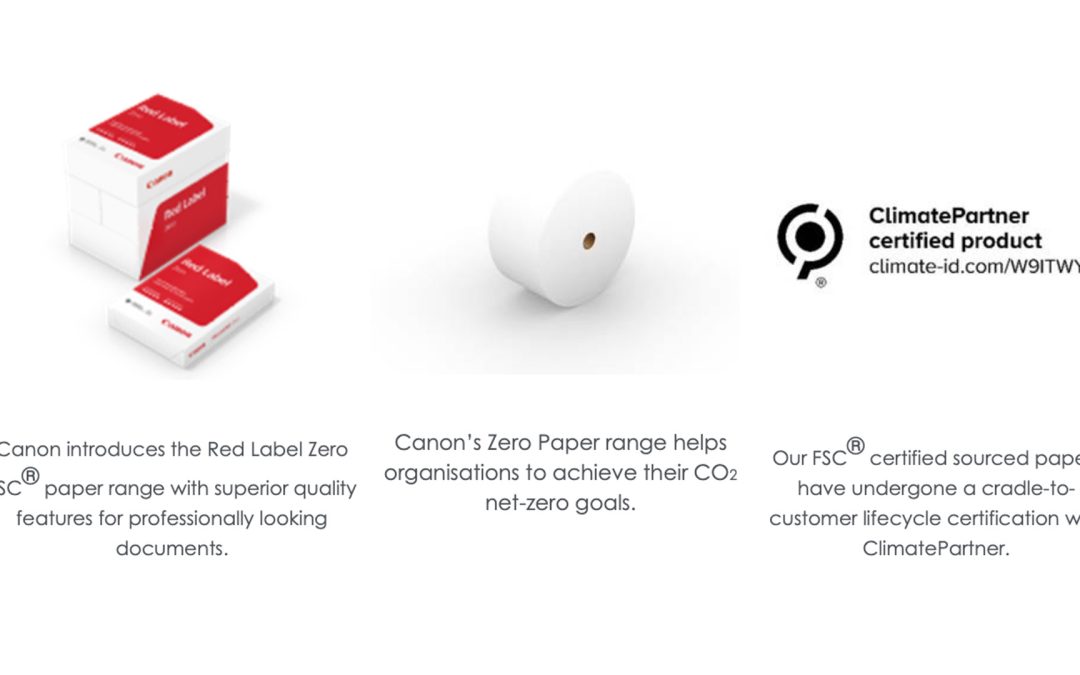 As much of the country reopens nearly a year and a half since the outbreak of the COVID-19 pandemic in the U.S., midsize business leaders’ optimism about their industries and companies hit record highs, according to JPMorgan Chase’s 2021 Business Leaders Outlook Pulse survey.
As much of the country reopens nearly a year and a half since the outbreak of the COVID-19 pandemic in the U.S., midsize business leaders’ optimism about their industries and companies hit record highs, according to JPMorgan Chase’s 2021 Business Leaders Outlook Pulse survey.
Nearly nine in ten business leaders (88%) are optimistic about their company’s performance for the next six months, the highest percentage recorded in eleven years of the survey, and up from 56% one year ago at the height of the pandemic in the U.S. survey participants are also feeling confident about the industry they are in: 82% are optimistic about their industry’s performance, a significant jump from 45% a year ago.
This rising confidence extends to the broader economy as well. Three-quarters of respondents are optimistic about the local (76%) and national economy (75%), each representing an increase of at least 40 percentage points from a year ago. Optimism about the global economy, which has traditionally been more muted, is at its highest level (53%) since 2018, up from just 17% last summer.
The rosy outlook is driving ambitious growth plans for companies, the majority (80%) anticipate a rise in revenue/sales, and close to half (46%) expect to increase investments in capital expenditures, up from 18% one year ago. In line with these growth plans, nearly 4 in 10 businesses (38%) expect an increase in credit needs for the remainder of 2021.
“After enduring the challenges of the last year and a half, businesses are feeling overwhelmingly positive about what’s ahead,” said Jim Glassman, Head Economist, JPMorgan Chase Commercial Banking. “The focus now is on navigating growing pains to harness the momentum of the economic recovery, which is comparatively a good problem to have.”
The disruptions brought on by the pandemic forced businesses to adapt quickly and evolve their business models, with some of these changes expected to be permanent. The top strategic actions business leaders have taken include:
- Introducing new offerings: The majority (61%) have diversified and strengthened their offerings by delivering new product and service lines, with many planning to maintain these products and services post-pandemic.
- Digitising operations: 39% of businesses expanded their e-commerce capabilities as more customers shopped online, and 38% digitized their accounts payables and receivables processes to boost efficiency.
- Expanding geographically: In addition to reaching customers via new digital channels, 38% of businesses expanded into new geographic markets.
“Businesses are proving yet again that when put to the test, they adapt, innovate and rise to the occasion – and in many cases, become stronger and gain market share,” said John Simmons, Head of Middle Market Banking & Specialised Industries, JPMorgan Chase Commercial Banking. “We’re working with our clients to help chart a path forward and lean into new opportunities, from digitising manual back-office processes to evaluating strategic transactions like a merger or sale.”
Businesses’ supply chains were hit particularly hard by the events of the past year and a half, and ongoing supply chain issues top the list of challenges for the year ahead. Companies report having to utilise new suppliers, digitise back-office functions and manage their supply chain remotely, with many of them planning to maintain these changes in the future.
Other challenges cited by business leaders include uncertain economic conditions and sustaining revenue and sales growth. Businesses are also contending with the reality of a tight labor market as the large majority (81%) hope to hire more workers in the next six months, especially as large numbers of experienced Baby Boomers retire.
Cybersecurity is also a growing concern, as one-third of companies report being directly impacted by a cyberattack or fraud since March 2020. Among the businesses that have experienced attacks, 79% say employee education and training has been the most helpful mitigation tactic, and 56% say proactive countermeasures, including deploying new technologies, have been beneficial.
With pandemic-related restrictions recently lifted or modified in many parts of the country, businesses are re-evaluating their working models. Thirty-eight percent expect all employees to return to on-site work, while one in four respondents (26%) are newly implementing a flexible working model. Of the businesses that are taking a flexible approach, preserving company culture is a top concern, followed by maintaining productivity levels.
For more information on the 2021 Business Leaders Outlook Pulse survey, please click here.






















